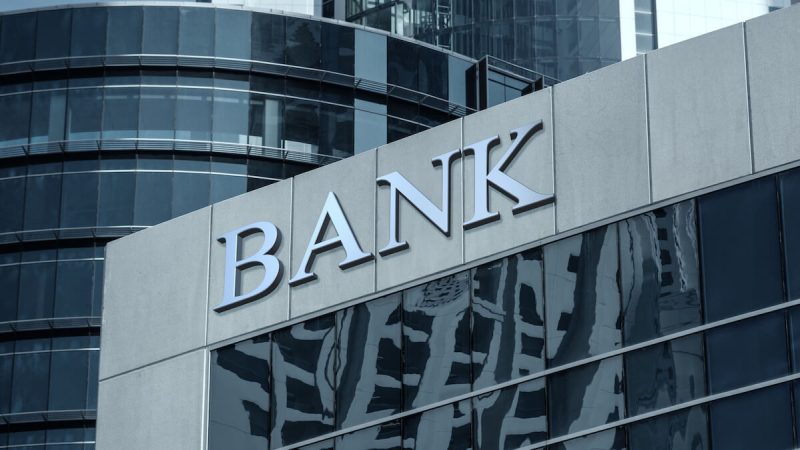The global banking system is a critical component of the modern financial infrastructure, providing essential services such as lending, investment, and payment processing. However, recent events have raised concerns about the stability of the banking sector and the potential for systemic risks that could lead to a full-scale implosion.
One of the key factors contributing to the vulnerability of the banking system is excessive leverage. Banks often operate with high levels of debt relative to their capital reserves, which can amplify losses in times of economic downturns. This leverage creates a fragile system where a relatively small shock can have cascading effects throughout the entire industry.
Another issue that threatens the stability of the banking system is the interconnectedness of financial institutions. In today’s globalized world, banks are linked through complex networks of transactions and derivatives, making them vulnerable to contagion risk. If one institution were to fail, it could trigger a domino effect that spreads to other banks and destabilizes the entire system.
Furthermore, the prevalence of complex financial products and derivatives has added another layer of risk to the banking system. These instruments are often difficult to value accurately and can result in large losses if market conditions change unexpectedly. In the past, banks have suffered substantial losses from investments in these products, highlighting the need for greater transparency and risk management practices.
Regulatory oversight is another critical factor in safeguarding the banking system from systemic risks. Weak or inadequate regulation can allow banks to take excessive risks and engage in reckless behavior that puts the entire system at risk. It is essential for regulators to monitor the activities of financial institutions closely and intervene when necessary to prevent systemic threats from materializing.
In conclusion, while the banking system plays a crucial role in supporting the global economy, it is not immune to risks that could lead to a systemic implosion. Excessive leverage, interconnectedness, complex financial products, and regulatory failures are all factors that could destabilize the banking sector if left unchecked. It is imperative for policymakers, regulators, and industry participants to work together to address these vulnerabilities and strengthen the resilience of the banking system for the benefit of all stakeholders.
